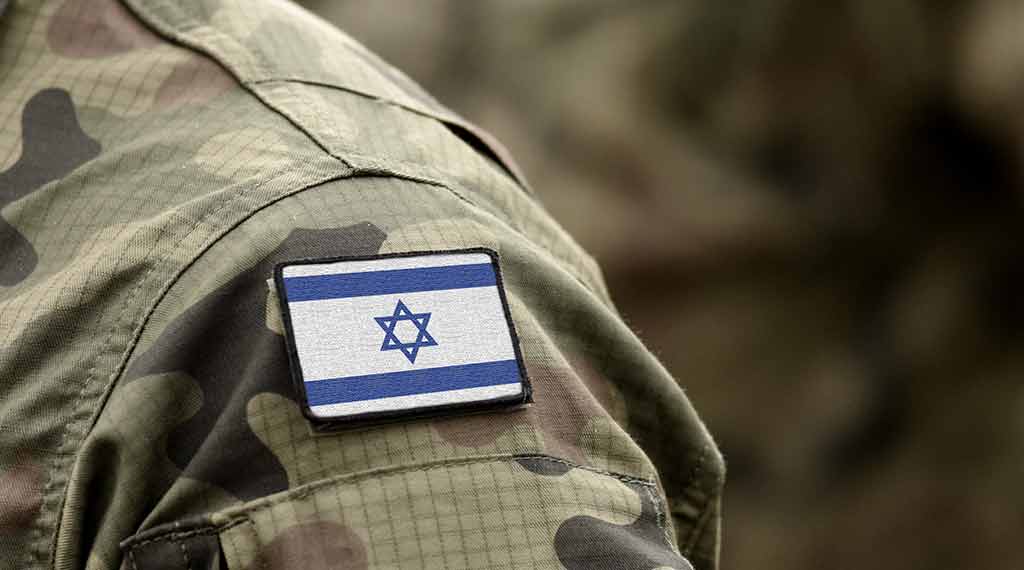
Israel may be a tiny country, yet its armed forces represent perhaps the most powerful in the entire Middle East region. The Jewish state has been in a perpetual state of conflict since its inception more than seven decades ago, making its defense forces vital for the country’s survival.
An overview of the latest outbreak of violence
The intense exchange of fire between armed Palestinian militants and the Israeli Defense Force (IDF) has monopolized headlines this week. On July 3, Israel first unleashed a major military operation on Jenin refugee camp, a Palestinian militant stronghold located in the West Bank. For many years, the Jenin camp has represented a deadly incubator of terrorism that claimed the lives of many Israelis. Many Palestinians consider Jenin to be a symbol of resistance against Israeli rule.
On July 4, a Palestinian assailant rammed his pickup truck into civilians on a popular sidewalk in Tel Aviv and subsequently stabbed others. A disturbing video of the terrorist act has circulated on social media, depicting the moment the pickup truck rammed into pedestrians at a bus stop. One earlier, another suspected terror attack culminated in the stabbing of an Israeli man in Bnei Brak. Israel’s latest Jenin campaign appeared to be one of its largest operations in the territory in years. During the second intifada in 2002, a 10-day long battle in Jenin resulted in the deaths of 52 Palestinians and 23 Israeli soldiers. In subsequent years, the IDF has launched many raids into Jenin to arrest Palestinian militants suspected of carrying out or planning terrorist attacks against Israelis.
Since its founding in 1948, Israel has fought hard to preserve its boundaries against the slew of hostile neighbors and proxy groups that surround the country. Over the last seventy-five years, the IDF has carried out a major military operation in every decade, all helping to mold Israel’s defensive and offensive strategies. Israel’s ground forces have been deployed in every mission, including the 1948 Arab-Israeli War, the 1956 Suez Canal Crisis, the 1967 Six-Day War, the 1973 Yom Kippur War, the 1976 Operation Entebbe, the 1982 Lebanon War, the First and Second Intifadas and the Gaza Wars.
How domestic weaponry elevates Israel’s armed forces
Widely touted by military experts as one of the most sophisticated main battle tanks (MBTs) of all time, Israel’s Merkava is certainly a powerhouse. Developed following the armored clashes of the Yom Kippur War and the failed attempt to acquire British Chieftain tanks, the goal of the indigenous tank program was to battle Soviet rivals. Israeli engineers uniquely designed the Merkava, which gave the country the ability to not have to rely on foreign allies to protect itself. Over the years, multiple Merkava variants were produced. The latest Merkava IV incorporates Israel’s Trophy active protection system, which defends the tank against anti-tank missiles and other rocket-propelled grenades.
The Merkava, along with its Trophy system, allows the IDF to be more offensive on the battlefield. This robust MBT, along with other homegrown weapons systems, is why Israel’s army remains so well-equipped.
- America’s Supercarriers Are Back in Force in the Pacific - December 30, 2025
- Israel’s $2 Iron Beam Laser Could Disrupt Missile Warfare - December 23, 2025
- US Stands Up New Drone Strike Force in the Middle East - December 9, 2025
